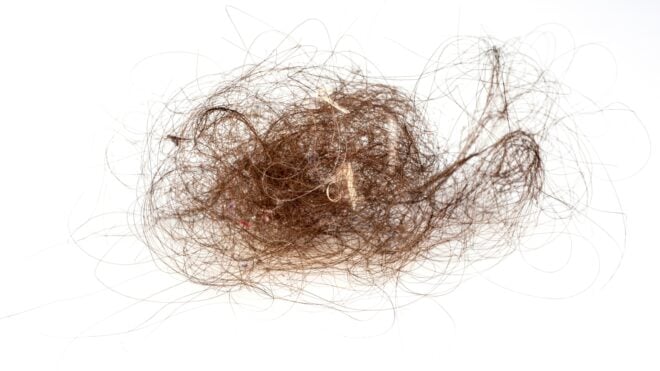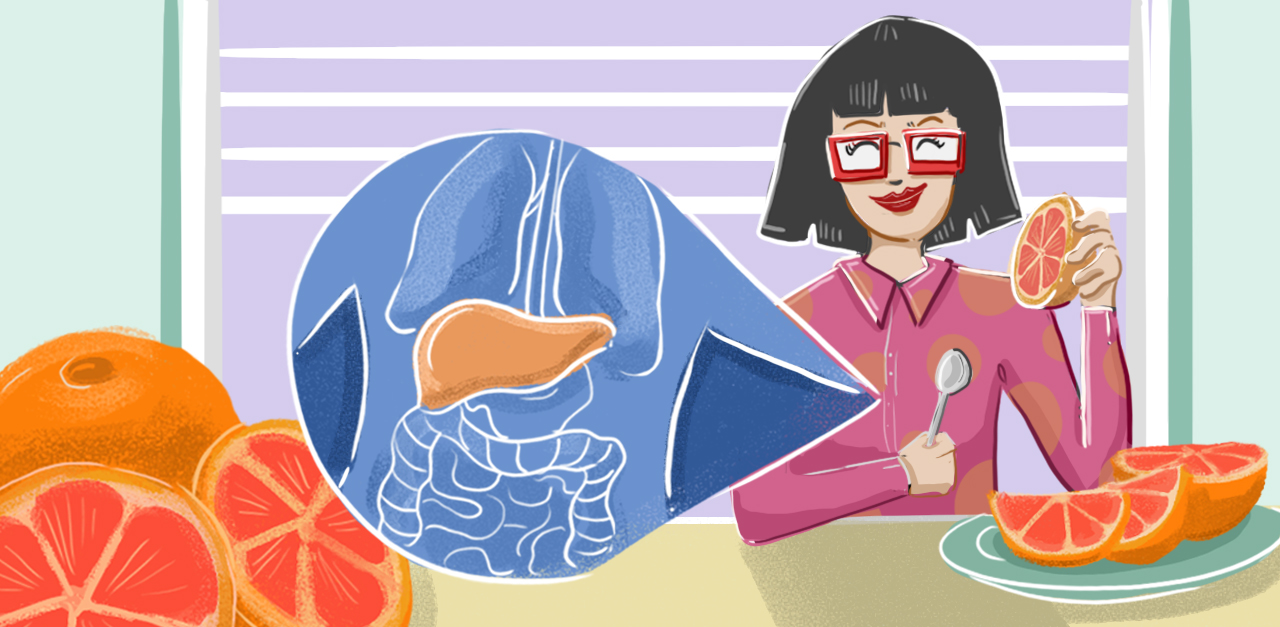
The liver is one of the most vital organs in the entire body. Without a liver, well, none of us would live very long. This is why it's so important to eat foods that are good for your liver.
The liver is basically a football-sized detoxification lab that filters and cleans blood from the digestive track through the rest of the body. It also metabolizes chemicals, carbohydrates, proteins, and bile. It's like your own personal doctor and sanitation worker all in one nifty package.
With all that in mind, there are a ton of foods out there that are great for maintaining the health of your liver. And, of course, there are some foods that can damage it.
Technically, none of these foods are bad for you if you eat or drink them in moderation, or as part of an otherwise balanced diet. And it's not as if the good foods don't have their problems when binged. But there's a line between the occasional piece of junk food and eating garbage every single day.
So what are the best and worst foods for your liver? Read on!
Good Liver Foods 1. Coffee

Research has shown that those who drink coffee regularly have a lower chance of developing liver disease, as well as type 2 diabetes and various neurological disorders. This is mainly due to the fact that coffee is rich with antioxidants.
However, you really shouldn't be going over four cups of coffee a day if you want the good to outweigh the bad. Otherwise, you actually have a higher risk of contracting liver cancer, so just enjoy coffee in moderation.
2. Blueberries

Most berries are actually great for your liver, so you can pretty much take your pick of any of them. But just one single cup of blueberries can contain anywhere from 9,000 to 13,00 antioxidants.
On top of that, research has shown that blueberries have been found to decrease the development of cancer growths on the liver, as well as scar tissue.
3. Fish
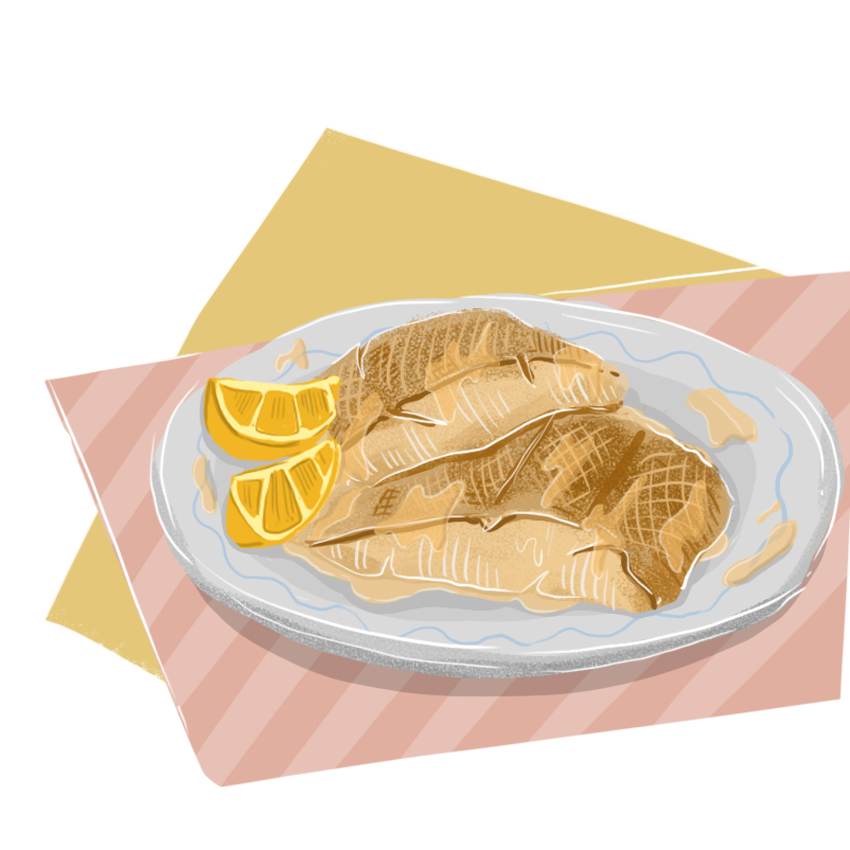
Fish is a great source of protein, which is vital in keeping a healthy liver. Not only that, but the majority of fish species are also packed with amino acids and omega-3 fatty acids.
Omega-3s in particular help your body in decreasing negative fats in the liver and the rest of the body.
4. Cranberries
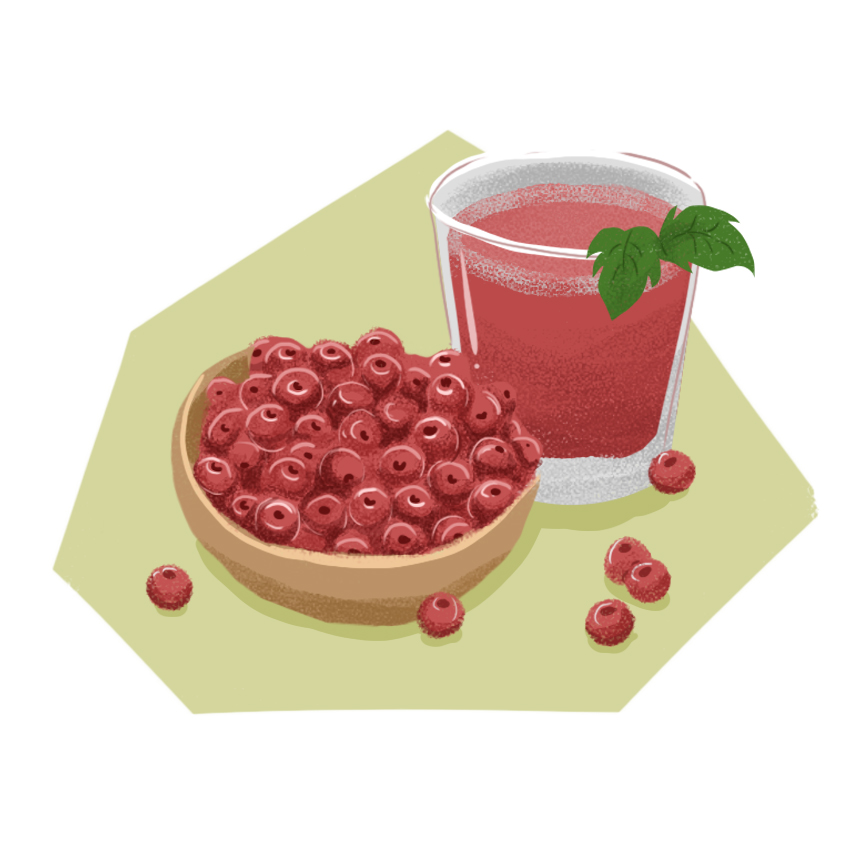
Cranberries are another all-around, tasty superfood (if you can handle a little sourness, that is).
Cranberries and cranberry juice have a lot of vitamin C, which helps the liver metabolize fats efficiently. This vitamin also helps produce glutathione, which aids the liver in breaking down and removing toxins such as harmful metals and drugs.
5. Grapefruit
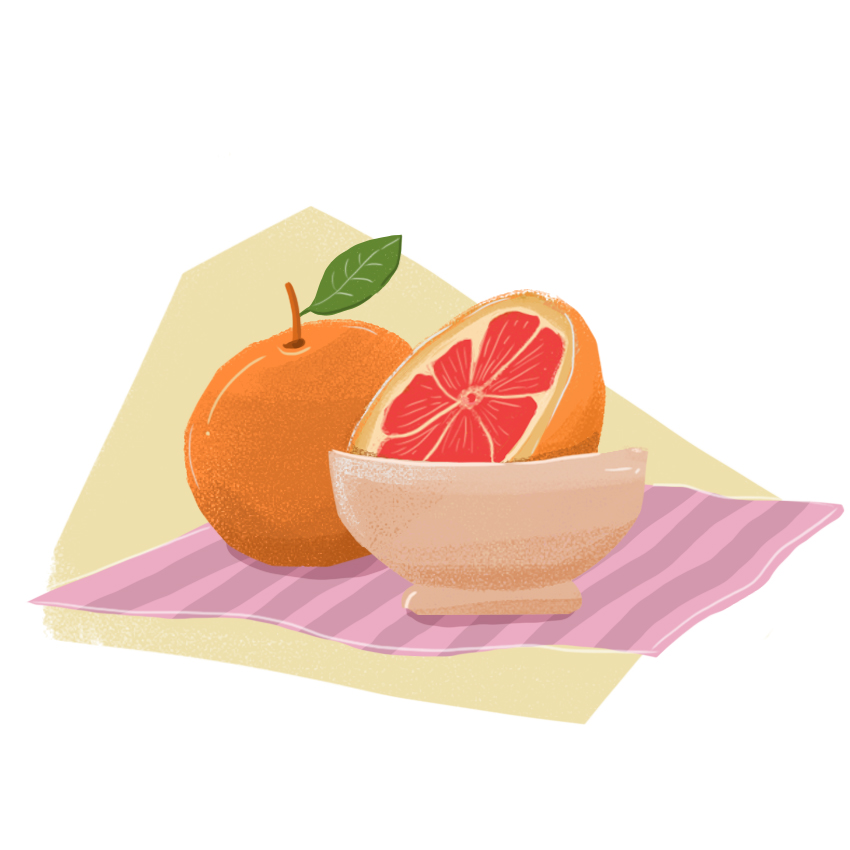
Just like cranberries, grapefruit is packed with vitamin C and antioxidants that help cleanse the liver from toxins.
The European Journal of Nutrition published a study that demonstrates how the ingredients in grapefruit can activate the chemicals responsible for the oxidation of fatty acids, thus helping prevent fatty liver disease.
Just be careful eating grapefruit if you're on antidepressants, statins, antiseizure medications, or other medicines. At "best," grapefruit can halt their effectiveness, but at worst it could cause internal overdose over time.
6. Beets
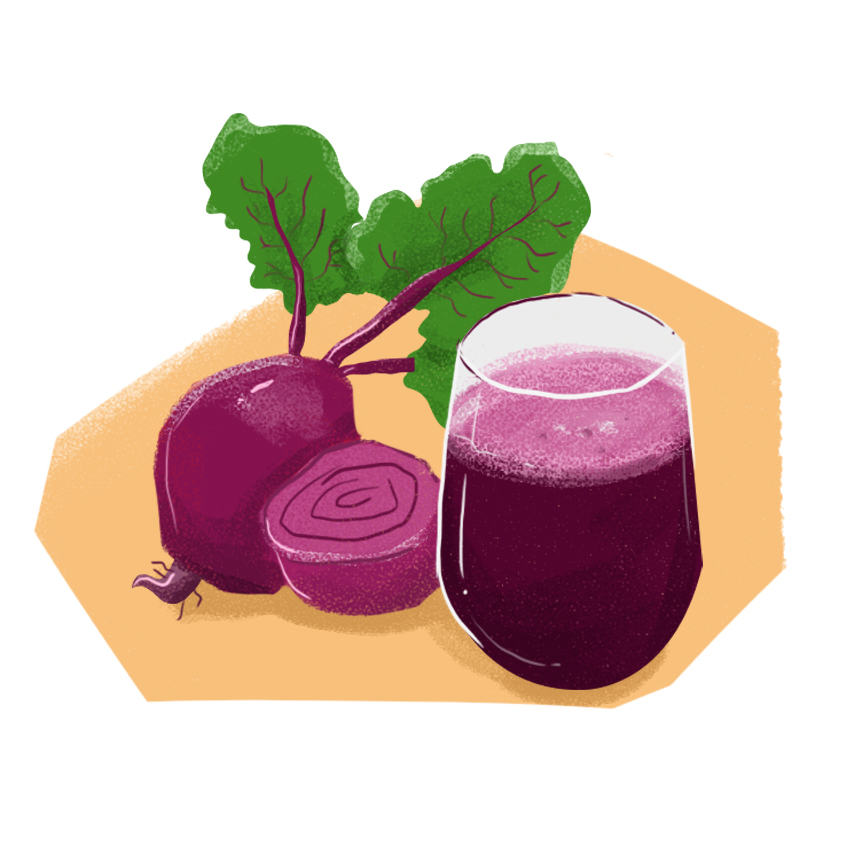
Another food that helps cleanse the liver from toxins is beets. They include ingredients that stimulate lymphatic and bile flow, and they are a great source of fiber.
If you're put off by the taste of beets, then try them as a great flavorless base for smoothies. Just make sure you have all of your favorite fruits in there to bring out the sweetness.
7. Grapes
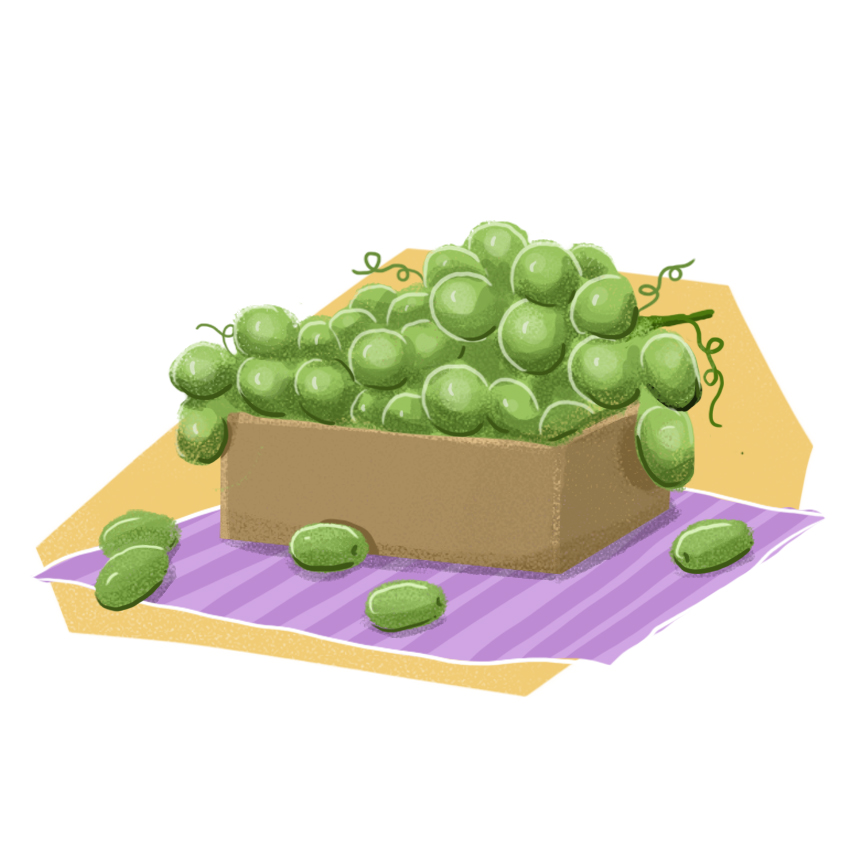
Both seedless and seeded grapes are good for the liver; however, it's particularly the seeds that contain the best benefits.
In fact, a study published in the Saudi Journal of Gastroenterology found that those who consumed grape seed extract for only three months saw an improvement in their nonalcoholic fatty liver disease.
Red and purple grapes also have anti-inflammatory properties that can bring down swelling in the liver.
Bad Liver Foods 1. Alcohol
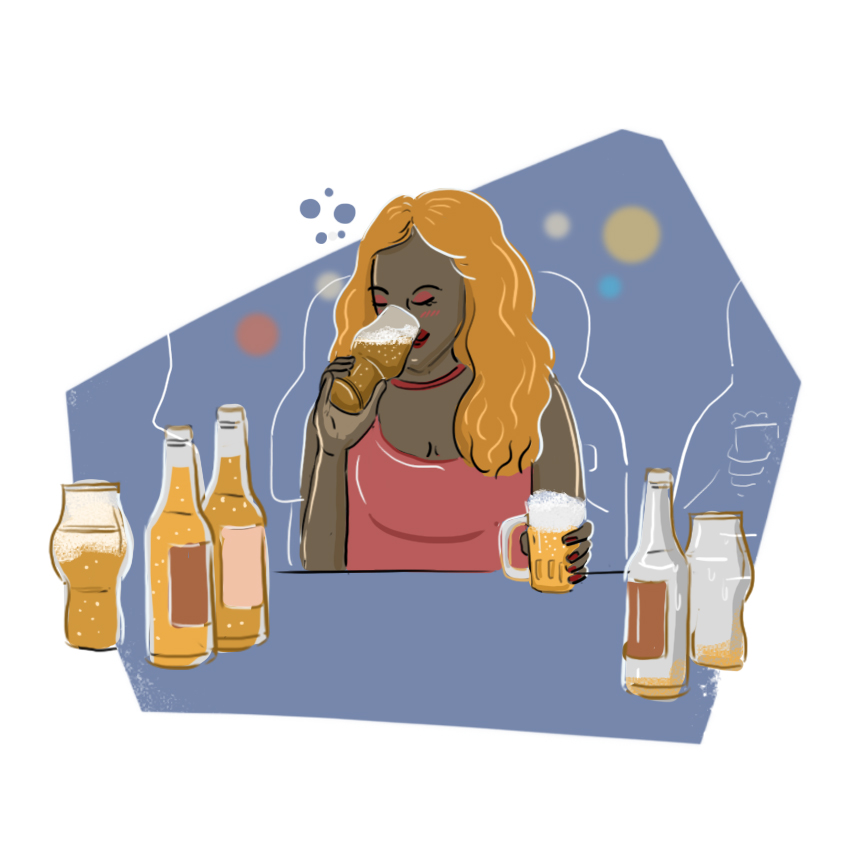
It’s no secret that alcoholic drinks are bad for us. In large doses, they can impair motor function and vision, make us feel very sick, and generally make us do very impractical things. For the liver, an excess of alcohol can cause very serious issues.
Abusing alcohol over a long period of time can lead to alcohol-related liver disease, aka liver failure. This happens because prolonged alcohol use can reduce the liver's ability to regenerate new cells. In turn, this means the liver can no longer break down negative fats or toxins.
The trick is drinking in moderation, and drinking responsibly.
2. Canned Goods
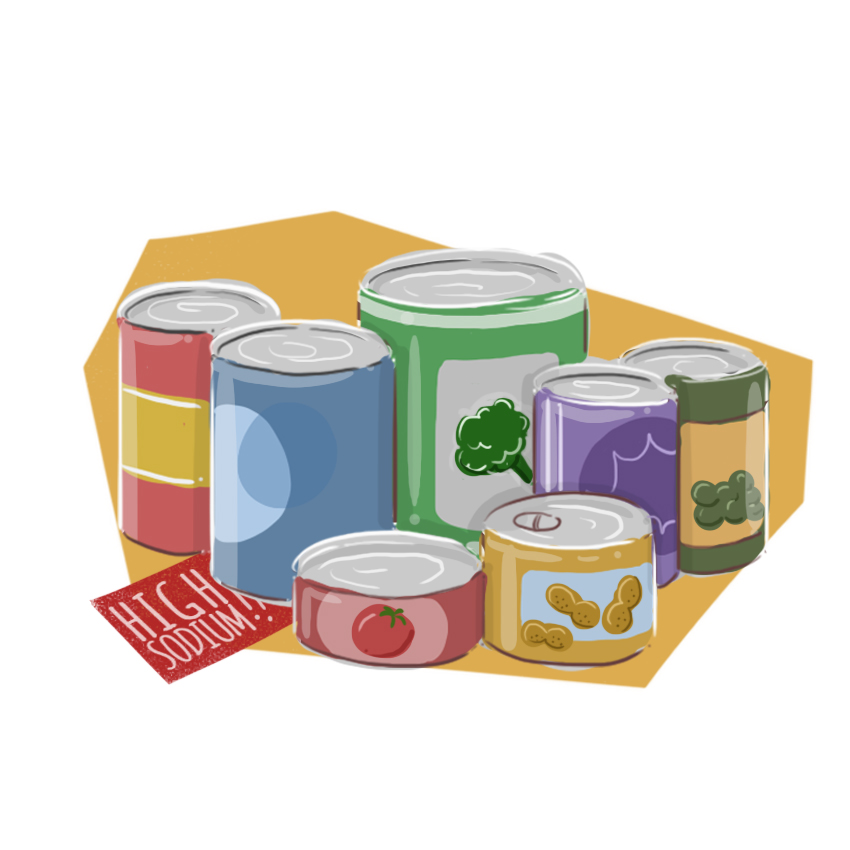
It’s no secret that canned foods are packed with sodium. Sodium is used not only to preserve the food but also to cheaply strengthen the flavor of the food.
High levels of sodium can lead to fibrosis, the first stage of liver tissue scarring. Some canned products also contain a ton of monosodium glutamate (MSG), bisphenol A (BPA), or other damaging ingredients that are best not consumed on a regular basis.
3. Fast Food
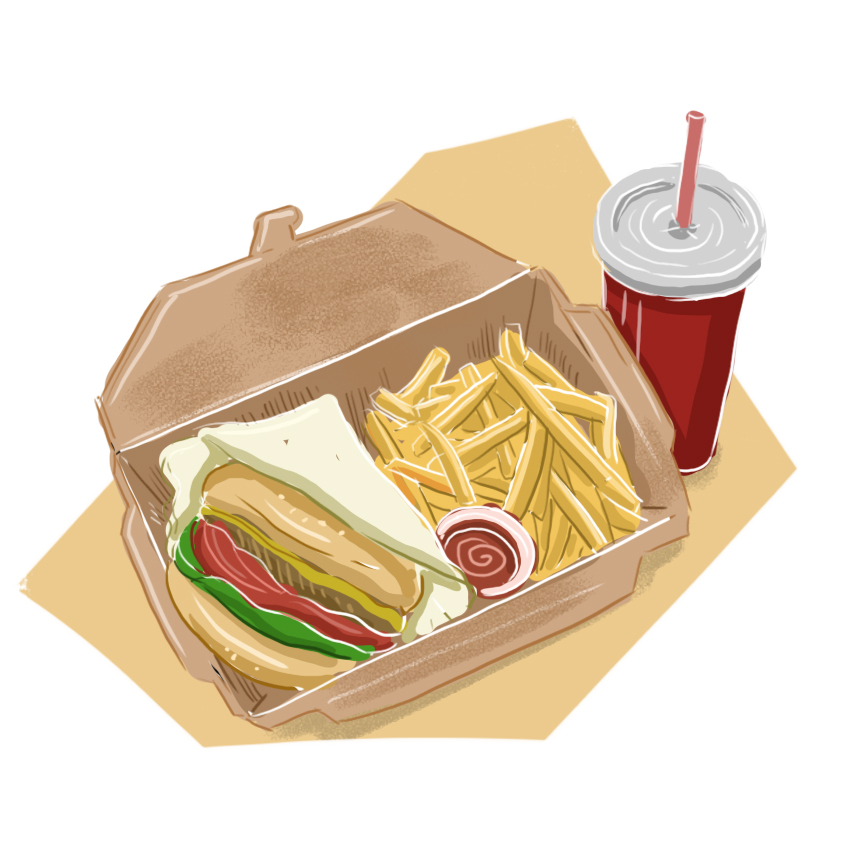
Similar to canned goods, fast food contains more sodium than pretty much any other kind of food out there.
Pizza, burgers, fries, chow mein, kebabs, and anything else that comes out in takeout form is a nightmare for our livers in large doses.
We all love a good takeout meal now and again, but eating too much too regularly can have dire consequences. In fact, it can have a similar effect on your liver as hepatitis.
4. Raisins

Although raisins are pretty healthy, eating too many raisins is actually counterproductive.
Not only are they high in sugars, preservatives, and calories, but they can actually inflame the lining of liver if binged on.
They might technically be healthier than eating a bowl of Skittles, but small portions of anything will always be better for you.
5. Red Meat
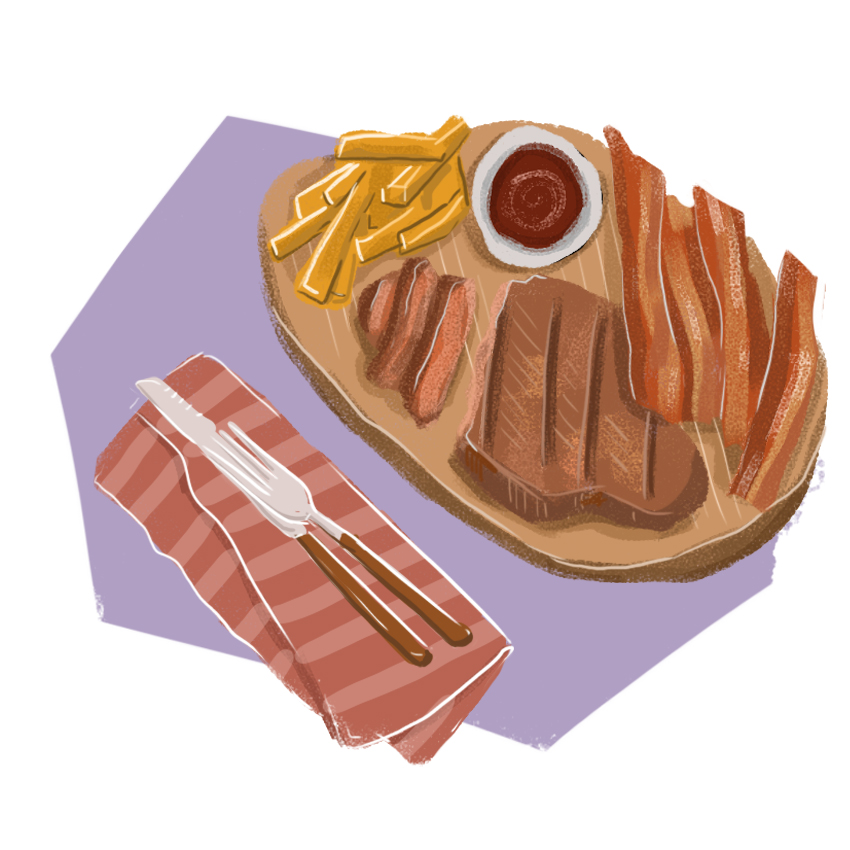
Red meat is a great source of protein; however, it’s also heavy in cholesterol.
Too much red meat has been linked to an increased risk of liver disease, hepatocellular carcinoma, and even diabetes. Specifically, red meat contains saturated fats, excess iron, heterocyclic amines, and N-nitroso compounds that are bad for us in large doses.
It's particularly dangerous if your body already has difficulty breaking down red meat in the first place. This can cause a buildup of toxins, leading to hepatic encephalopathy.
6. Soda
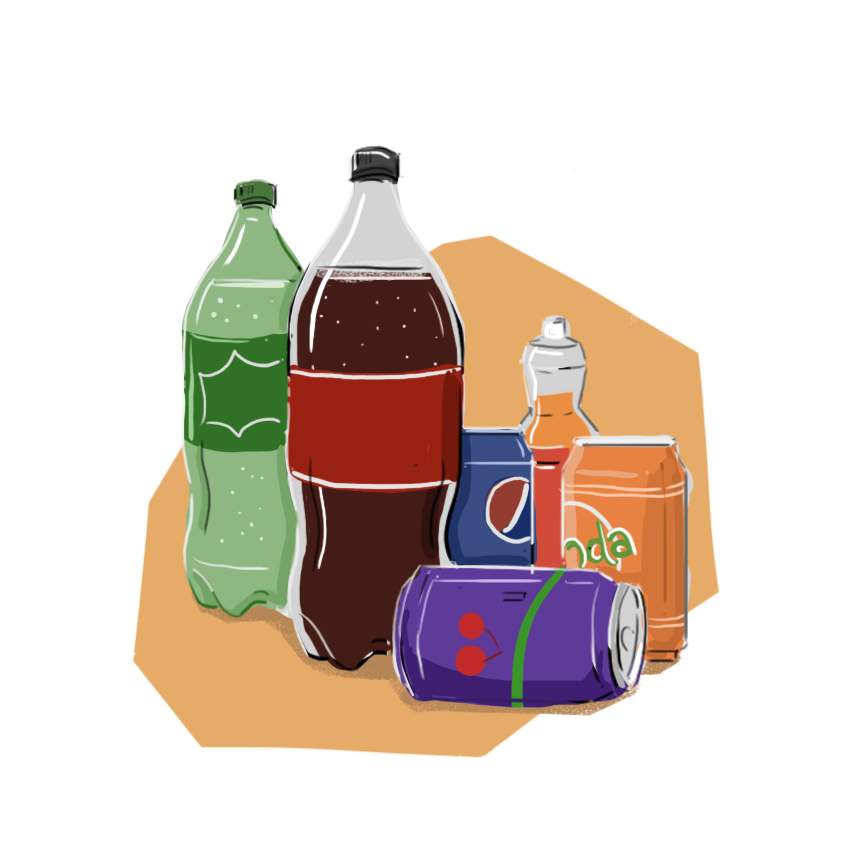
Soda is linked to nonalcoholic fatty liver disease.
Diet soda in particular contains a lot of extra chemicals to sweeten the beverage without the calories. Aspartame is the main artificial sweetener used in fizzy drinks. Too much of this chemical can lead to mitochondrial dysfunction and ATP depletion in the liver, leading to weight gain within the liver itself.
Chemicals aren't inherently bad; in fact, most of them are our body's best friends, but there's a difference between a low amount of naturally generated sugar and 400 mg of artificial sweetener.
7. Candy
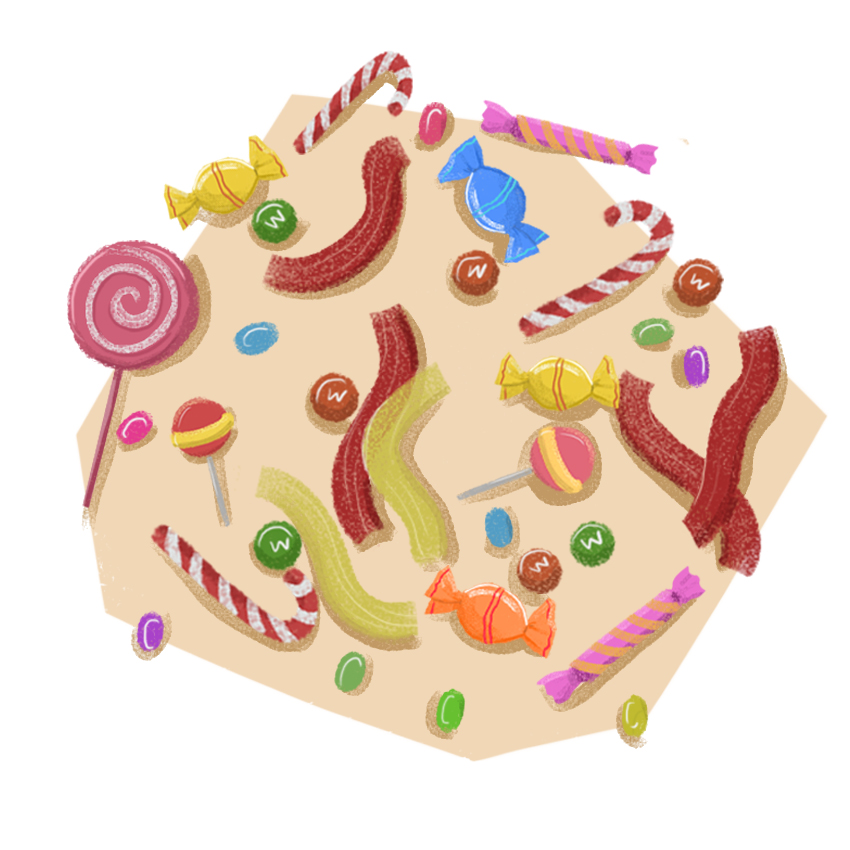
Candy. Yep. You knew this one was coming.
The problems with candy are pretty much the same as with soda: too much refined sugar, artificial sweeteners, and high-fructose corn syrup can cause weight gain within the liver.
The main reason why sugar is so damaging to the liver is because it's the only organ that can actually break it down. This is why candy is fine in small doses, and with regular exercise. Because the more active you are, the easier it is for your liver to turn all that fructose into glycogen. This means no extra fat will be stored in the liver.
If you're ever worried about the health of your liver, talk to your doctor.



